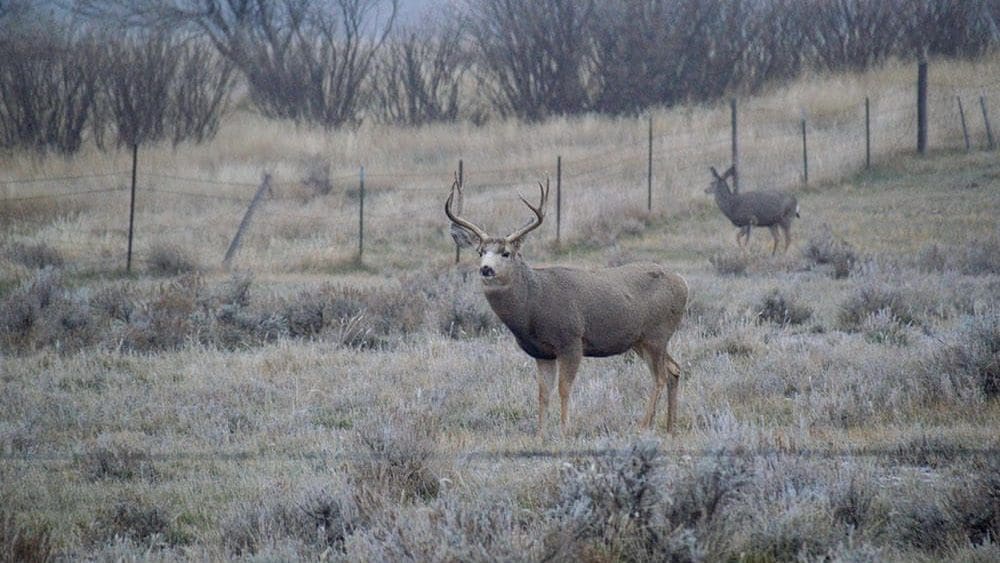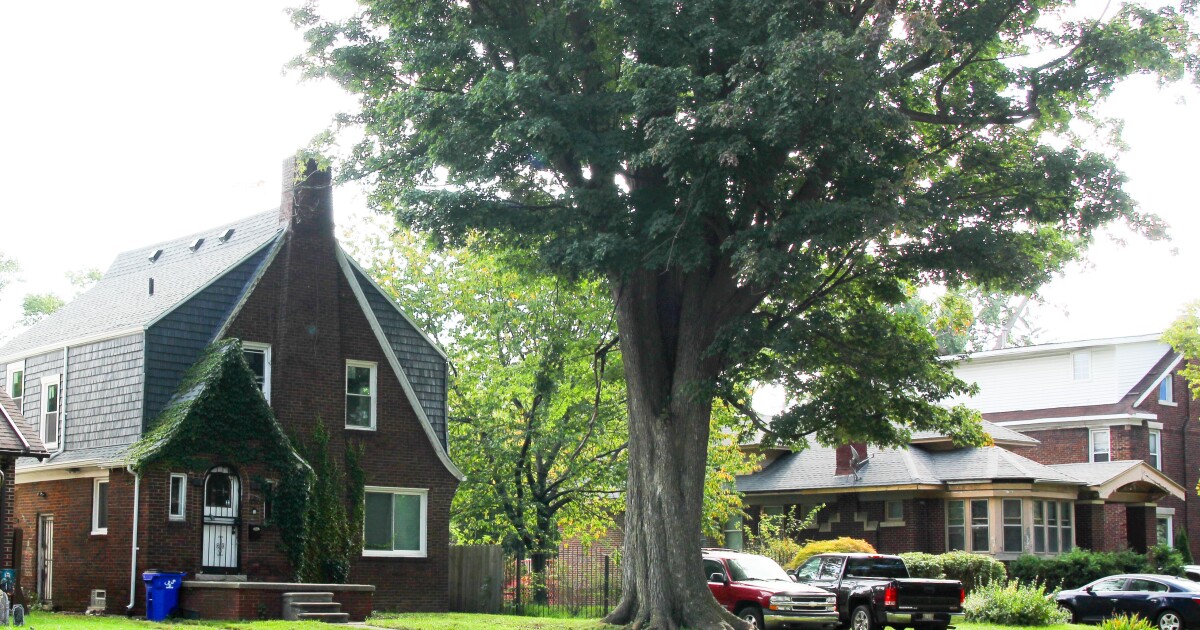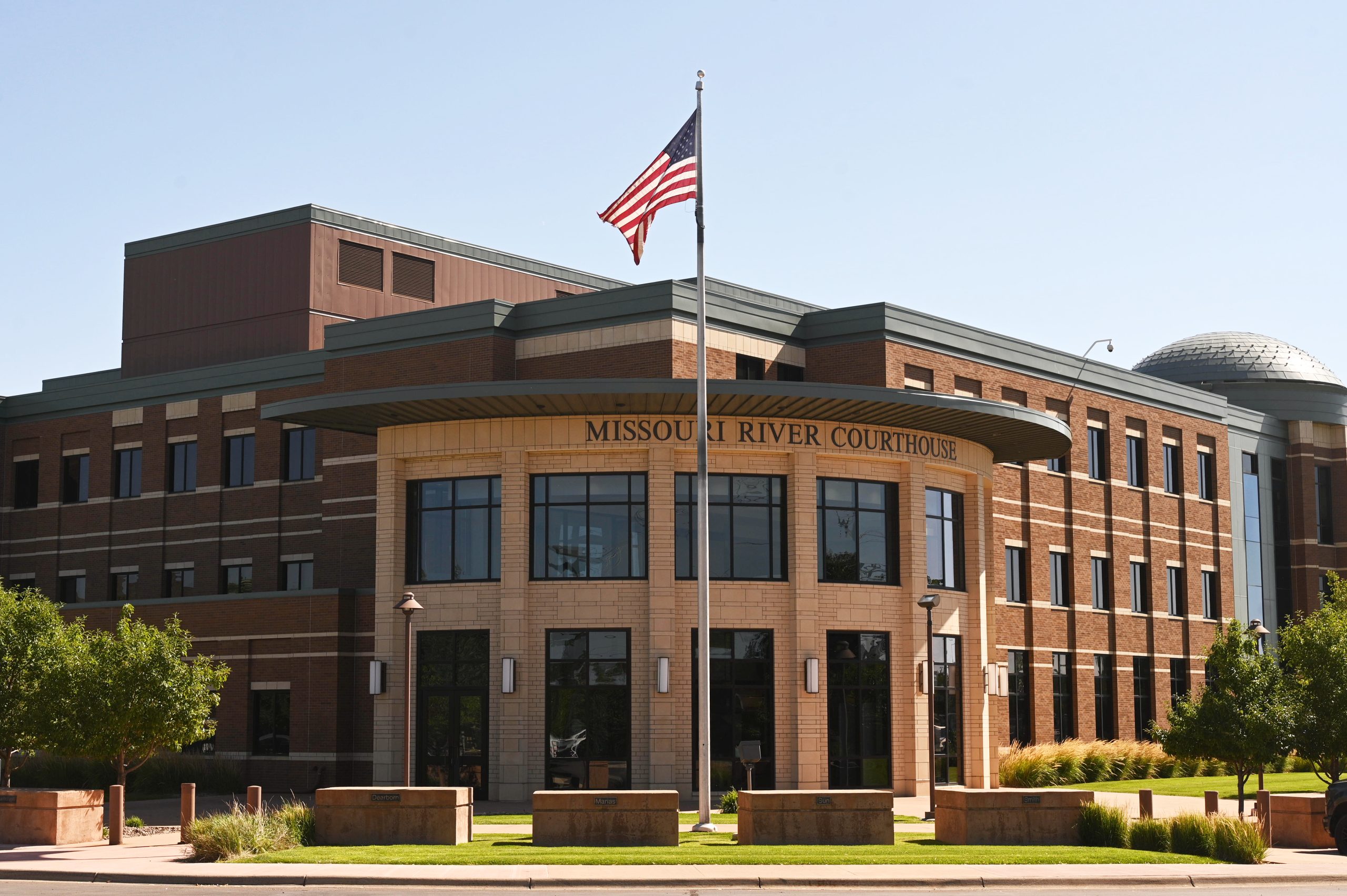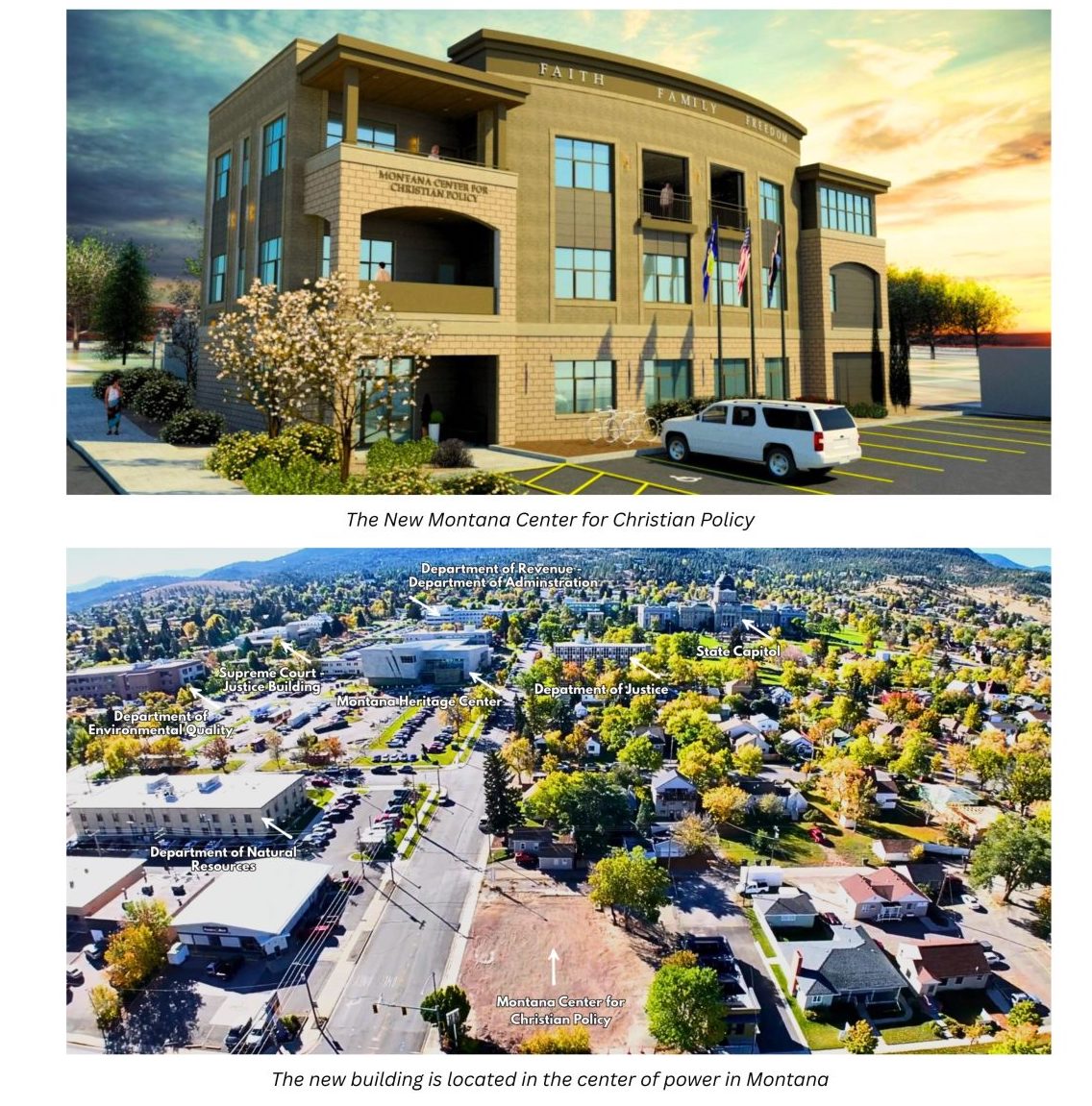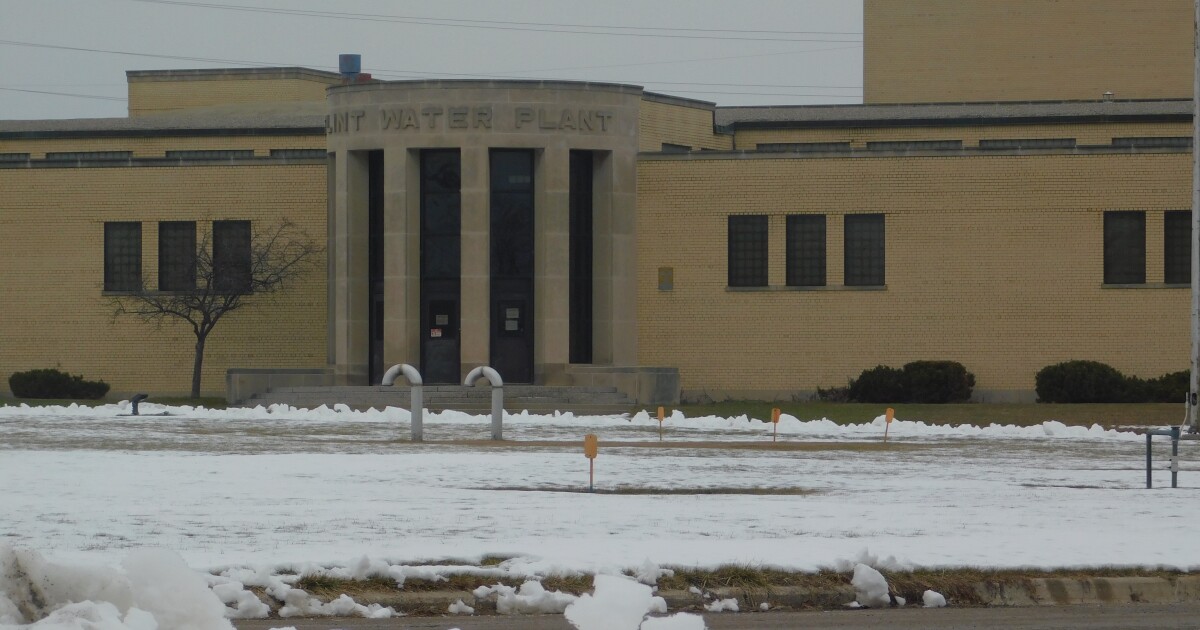Significant tax relief legislation was enacted by the state Legislature and Gov. Gianforte this year, aiming to reduce property taxes for homeowners and landlords engaged in long-term rentals. This new policy, introduced this year and continuing through next, will lessen taxes for primary residences. However, starting in 2026, it will increase taxes on other types of residential properties. The Montana Department of Revenue estimates second-home taxes to rise by an average of 68%.
The Montana Free Press newsroom has received numerous questions about this policy change. Below are common inquiries with current answers. This article will receive updates as more information becomes available. Contact us at news@montanafreepress.org with further questions.
When will the second-home tax take effect?
County treasurers will send tax bills this fall with interim rates benefiting many homeowners, but the second-home tax will come into effect with 2026 bills. The delay resulted from late-session negotiations, which missed the implementation deadline initially set by Gov. Gianforte.
Who is eligible for the lower residential homestead rates?
Eligibility extends to homeowners living in their residences for a minimum of seven months annually and landlords offering long-term leases of at least seven months. Long-term leases differ from short-term Airbnb-style arrangements.
Will there be more property tax rebates?
Yes, property tax rebates are set to continue. Homeowners will receive $400 rebates applicable to last year’s tax bills, following $675 rebates issued in 2024 and 2023. The revenue department will notify eligible property owners by June 30, and applications are open from August 15 to October 1, 2025.
Do I need to apply to avoid paying the second-home tax?
Yes, applications for the homestead exemption must be submitted to the revenue department by March 1, 2026. Once approved, the exemption remains until property sale or change in residency. Landlords must periodically reapply to confirm long-term rental status.
How do I apply?
Application forms for the 2026 bills are not yet available but will be provided by mail or online. Property owners must declare their use of the property as a primary residence or long-term rental. Fraudulent claims will incur penalties and possible legal action.
Is there an exception for homes on agricultural land?
Yes, residential structures on agricultural land maintain current tax levels, exempting them from the second-home tax. This protects worker residences and applies to second homes on qualifying properties. Efforts to tighten agricultural status qualifications have not succeeded.
What if I run an Airbnb? Will it affect my homestead exemption eligibility?
Likely not. The law specifies a principal residence requires ownership and occupancy for at least seven months annually, with no explicit restriction on Airbnb rentals.
Will family cabins pay the second-home tax?
Yes, unless they meet homestead exemption criteria. The law treats family cabins the same as properties owned by non-residents.
Why doesn’t the second-home tax apply only to out-of-state residents?
Applying the tax solely to non-residents would likely be unconstitutional. Legal precedents restrict states from imposing discriminatory tax measures against non-residents based on residence.
Will the tax relief force local government budget cuts?
No, theoretically. Local taxes adjust to meet budget needs, shifting tax burdens across property types rather than reducing overall revenue. Special provisions address non-floating tax mills and charter-specific impacts in Billings and Sunburst. The state promises to maintain municipal revenues if local float adjustments are legally challenged.
Where can I read the full second-home tax legislation?
The policy comprises Senate Bill 542 and House Bill 231. Start with SB 542 and refer to HB 231 for adjustments.
How will my taxes change?
By 2026, owner-occupied homes may see an 18% tax decrease, while long-term rentals can expect a 22% reduction. Exact changes depend on local tax base composition and budget management. Varying property valuations also influence individual tax bills. For detailed projections, see our analysis on second-home tax shifts.
—
Read More Montana News




